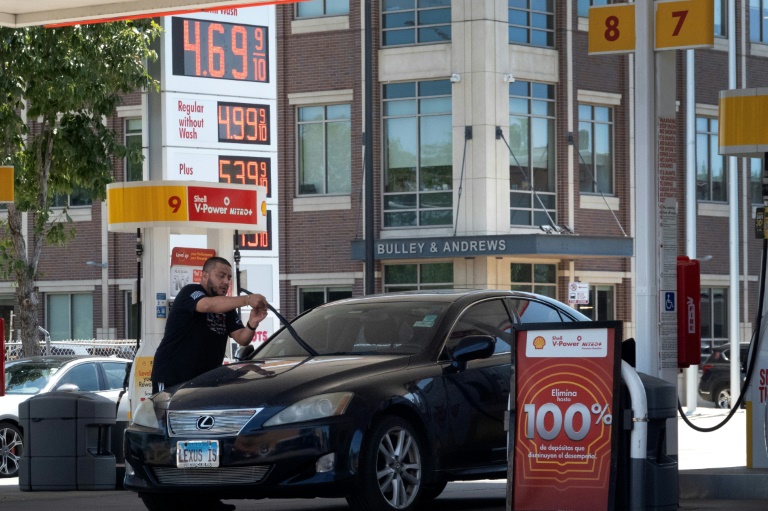Retail sales in the United States slipped less than analysts anticipated in June on a weaker performance in the auto and gas segments, government data showed Tuesday.
The slower consumption growth adds to recent data showing that the world’s biggest economy is cooling gradually, although there is still some way to go.
A downward trend is likely to raise the central bank’s confidence that it can soon begin cutting interest rates.
To ease demand and bring inflation back down sustainably, the Federal Reserve has rapidly lifted the benchmark lending rate and in recent months, held it at a decades-high level.
In June, overall retail sales were $704.3 billion, virtually unchanged from May’s figure, according to the Department of Commerce.
Analysts had expected a 0.3 percent drop, and May’s increase was revised slightly higher as well.
From a year ago, the rise in June was 2.3 percent, a cooldown from the prior month as well.
Analysts have long been expecting consumers to pull back as higher interest rates bite, lifting borrowing costs for consumers and businesses.
“We believe that consumption growth will, if anything, slow further in (the second half this year), as high interest rates continue to weigh on demand and the labor market takes a further turn for the worse,” said Pantheon Macroeconomics in a recent note.
Even as consumption appears to have slowed, “conditions are far from weakening to a point that would be considered recessionary,” said economist Rubeela Farooqi of High Frequency Economics in a note.
She expects the latest data — coupled with improved readings on inflation — will allow the Fed to ease monetary policy, likely in September.
Among sectors, sales at auto dealers dropped 2.3 percent from May, while those at gas stations dropped 3.0 percent.
But excluding auto and gas, total retail sales was up 0.8 percent in June — indicating that there is still some way to go in easing demand.
Sales at restaurants and bars was up 0.3 percent from a month prior, the Commerce Department report showed.
The Fed is set to make its next rate decision at the end of July, and analysts widely expect the central bank to begin lowering rates in September.







